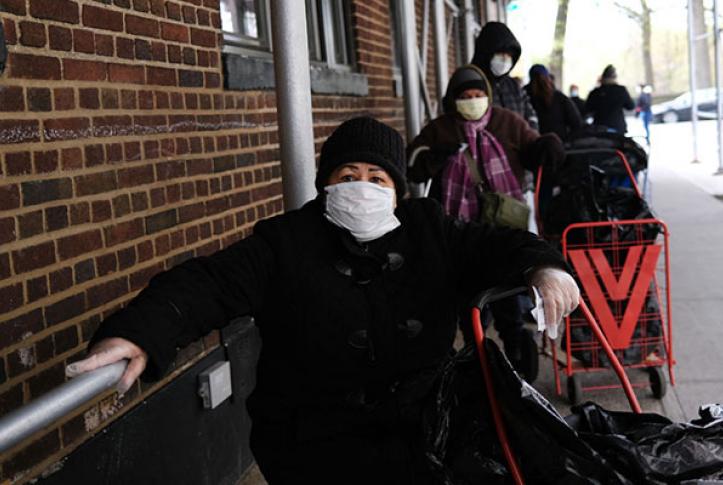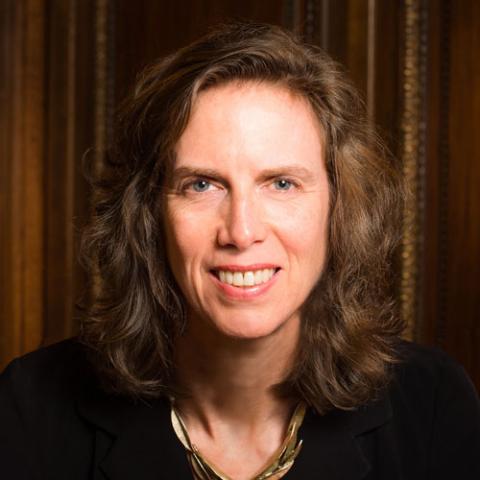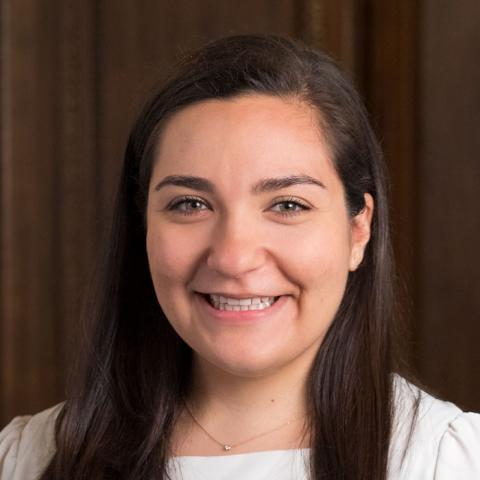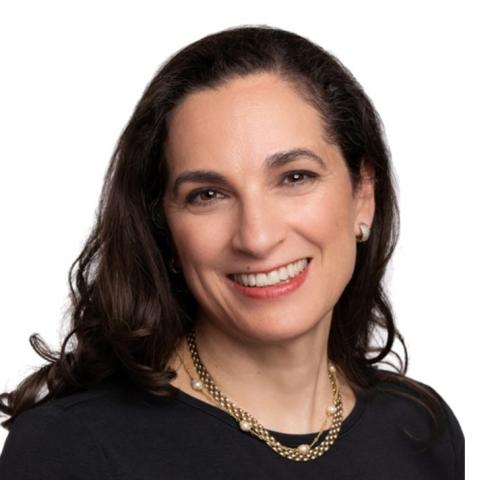More than 22 million people in the U.S. have filed unemployment claims since the beginning of the coronavirus economic shutdown in March. Since most people get health insurance through their own jobs or through a spouse or parent’s job, the question is: Just how many people in the U.S. have lost their insurance as a result of the pandemic?
Health Coverage Insecurity Accompanies Job Losses
A new survey of U.S. adults by SSRS and the Commonwealth Fund provides some answers. About a third (32%) of adults ages 18 to 64 reported they had lost their job (12%), had their hours cut (19%), and/or had their pay cut (9%) because of the pandemic.1 Of those, 3 percent said they had lost their health insurance. It is important to note that this does not include family members who also may have lost their insurance. Twenty percent of people who lost their jobs or had their hours or pay cut did not have health insurance before the pandemic hit, reflecting the fact that many of the jobs were likely in industries that frequently don’t offer health benefits and in small businesses. This rate is higher than the overall 12 percent of working-age people who did not have health insurance before this crisis. The U.S. Department of Labor has not yet released detailed monthly data on claims by industry, but information so far suggests large losses in sectors where job-based insurance coverage is lower, such as food and retail. Many affected workers may be uninsured or covered through Medicaid, the Affordable Care Act’s marketplaces, or another employer. The survey also indicates anxiety among those whose jobs have been affected: 18 percent were worried they might lose their insurance. All told, 41 percent of people who are currently dealing with employment insecurity also are experiencing health coverage insecurity. The survey was conducted from April 8 to April 13 by SSRS of a nationally representative sample of 1,001 adults.
Working-Age Adults Worry About Potential COVID-19 Treatment Costs
Most people are worried about how much they might have to pay for COVID-19 treatment if they were to become ill. Nearly two-thirds (64%) of adults age 18 and older said the potential out-of-pocket costs would be very or somewhat important in their decision to get care if they had symptoms of the coronavirus. Working-age adults under age 65 were more likely to say that these potential costs would be important in deciding whether to get care, compared to people 65 and older (69% vs. 45%). Potential costs were an important deciding factor in whether to get care among working-age adults with incomes under $50,000 (80%), those with a high school education or less (73%), and those whose jobs had been affected by the pandemic (77%).
Most Americans Think Coronavirus Testing and Treatment Should Be Free
Ninety percent of adults 18 and older said testing and treatment should be available to all Americans free of charge, including people who are uninsured. Nearly all adults who identify as Democrats (97%) and the vast majority who identify as Republicans (80%) hold this view.
Looking Forward
Thirty million people in the U.S. were uninsured as of 2018. Even before the pandemic hit, the Congressional Budget Office was projecting that number to rise to 35 million by 2027. In addition, 44 million adults with insurance were estimated to be underinsured in 2018 because of high deductibles and out-of-pocket costs compared to their income. The massive loss of jobs and income and a deep economic recession will only exacerbate coverage insecurity.
In the past month, federal and state policymakers have taken small steps to patch up our health insurance system. Research will tell us whether the holes in the system hindered the nation’s ability to protect individuals from COVID-19 itself, the costs associated with treatment, and the economic impact of the deepest recession since the Great Depression.
There is no shortage of ideas — from the left, center, and right — to collectively move the nation to universal coverage. We can learn from this crisis and ensuing tragedy — hundreds of thousands of illnesses and deaths, and millions of job losses, along with the health and safety risks taken by health care and frontline essential workers to protect us — and begin to chart a more secure path forward.
The authors thank Jesse Baumgartner for helpful comments.




